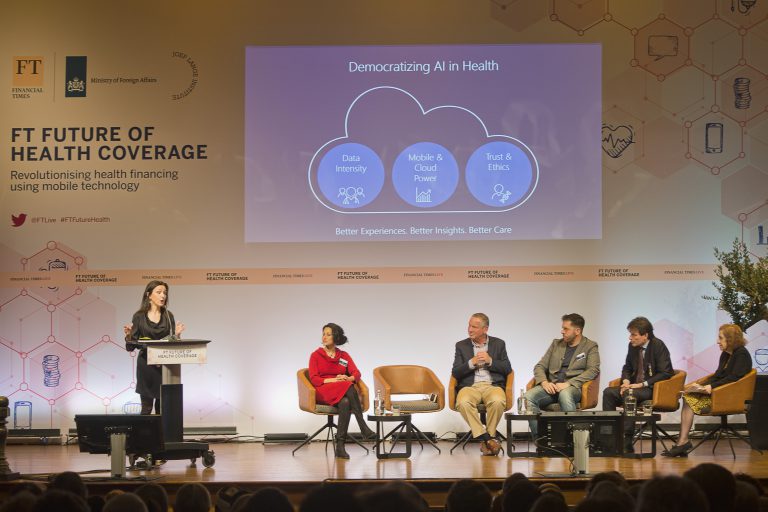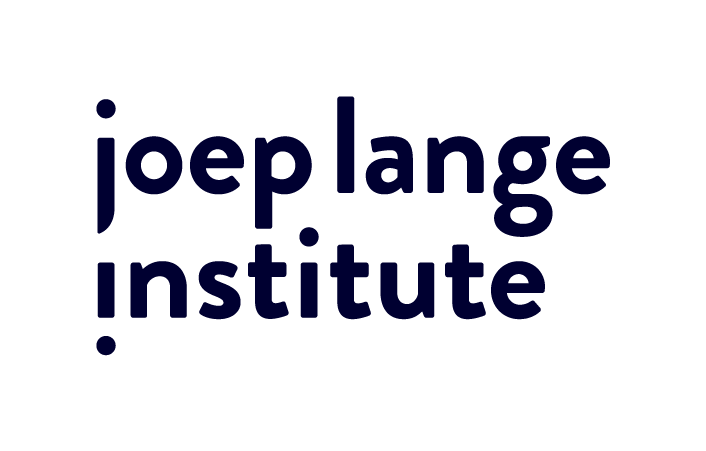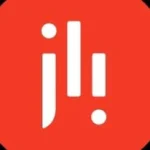1980
1982
Joep encounters his first HIV/AIDS case at the AMC hospital in Amsterdam
Working with colleagues including Sven Danner, Peter Reiss, Jaap Goudsmit and others he made it his mission to help eradicate this disease.
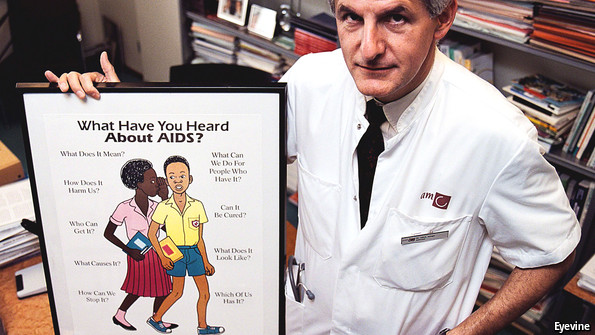
1986-1988
Joep contributes to early HIV/AIDS breakthroughs
While working on his PhD in the Goudsmit lab in the mid 1980’s, Joep made seminal discoveries about the how measures of HIV antibodies and antigen could predict how rapidly an individual would progress to AIDS. In subsequent work he and others showed how HIV antigen could be used to monitor the then only transient effect of the first antiviral treatment zidovudine, including in one of the first clinical trials with this drug in symptom-free persons. Over the next thirty years, he published over four hundred articles, in particular on highly active antiviral therapy in Africa and thus contributed to saving millions of lives.” (source: The Impatient Dr. Lange)
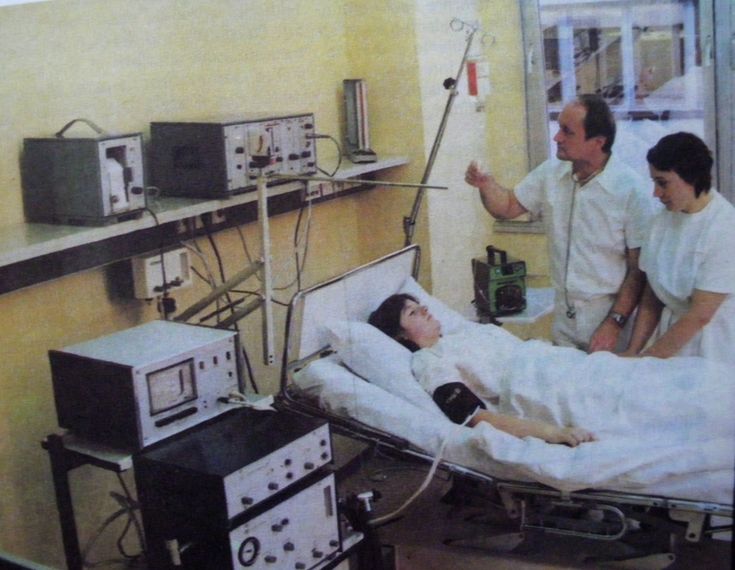
1990
1990
Joep founded NATEC: The National AIDS Therapy Evaluation Center
A national network of clinical trial sites in the Netherlands, NATEC became an important partner to similar European and Australian national trial organizations, allowing the Netherlands to participate in clinical trials of a range of novel antivirals becoming becoming available for human research in subsequent years. These collaborations also lead to increasing collaboration with the AIDS Clinical Trials Group (ACTG) in the US. As such Joep through NATEC was instrumental in securing early access for people with HIV in the Netherlands to novel antivirals and early combination treatment strategies, and for becoming globally recognized and valued for his research leadership.
1992
Joep works at the World Health Organization
This was a crucial phase in Joep’s career. Although he struggled with the pace of working at the World Health Organization (WHO), at the same time he recognized the hard work done at its offices. His WHO position accelerated building his international scientific network in the global South and most importantly it enabled him to visit Africa for the first time. The HIV horrors he encountered in Uganda, while being hosted by Prof Elly Katabira, made a lasting impression and changed his life for good. He realized that HIV/AIDS was not only a problem in high income countries; it was far more devastating in low income countries.
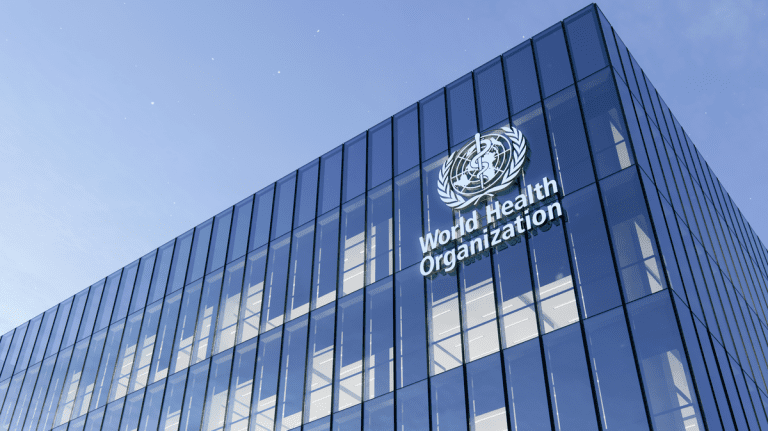
1995
Joep validates the use of Combination therapy to prevent mother-to-child transmission of HIV in Africa
In a clinical trial of pregnant women in South Africa, Uganda and Tanzania, he demonstrated that a woman’s likelihood of transmitting HIV to her baby within the first 6 weeks of delivery could be reduced to approximately two-thirds when mothers were treated with a combination of two anti-retrovirals drugs from 36 weeks of pregnancy, during and for 7 days after delivery, and babies with the same treatment during the first 7 days of life.
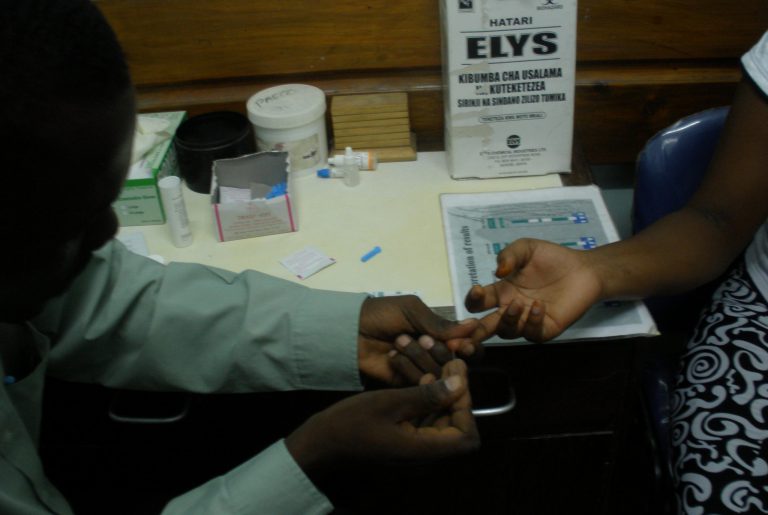
1996
Joep contributes to demonstrating the efficacy of triple combination highly active antiretroviral therapy team together with international colleagues
Joep’s team together with international colleagues during the International Aids Conference in Vancouver in a watershed breakthrough moment present the results of one of two trials demonstrating the remarkable ability of triple combination highly active antiretroviral therapy (“HAART”) to provide sustained suppression of HIV. Joep, together with professors Praphan Phanuphak and David Cooper, establishes HIV-NAT in Bangkok, Thailand. The HIV Netherlands-Australia-Thailand Research Collaboration (HIV-NAT) establishes the first HIV clinical trial center in Asia, aiming to help secure access to lifesaving treatment for people with HIV in Thailand. HIV-NAT becomes a resounding success and over the years becomes an internationally recognized and valued partner for conducting HIV clinical trials.
1999
Joep Founds IATEC: The International AIDS Therapy Evaluation Center
IATEC allows him to further expand clinical trials of novel combinations of antiretroviral agents internationally with the aim of benefitting people with HIV worldwide. JOEP ALREADY THEN ACTIVELY THINKING ABOUT A CURE FOR HIV Joep was used to setting a high bar and thinking of bold research. Already at the end of the last century he started research in Amsterdam to test early strategies aimed at eliminating the latent viral reservoir, i.e. the main obstacle to achieving a cure for HIV. HIV cure research in the last 10-15 years has become part of an extensive global research effort.
2000
International HIV/AIDS Conference Durban, South Arica takes place
A game-changing event in the world of HIV/AIDS was the organization of the International AIDS Conference in Durban, South Africa in July 2000. This was the first time this conference reached out to the African continent, the very continent that already since 1996 was deprived of access to lifesaving effective combination antiretroviral therapy. At this conference Joep made the famous statement “IF WE CAN GET COLD COCA-COLA AND BEER TO EVERY REMOTE CORNER OF AFRICA, IT SHOULD NOT BE IMPOSSIBLE TO DO THE SAME WITH DRUGS,”
2001
Establishment of PharmAccess
Both discouraged and motivated by the lack of speed in which governments and public bodies fought against the HIV epidemic, especially in the Global South, Joep sought out the private sector as a collaboration partner. In Durban he was approached by Heineken which inspired Joep to launch PharmAccess focusing on ‘Access to Pharma’, in other words: access to antiretroviral drugs for people living in resource-poor settings.

2002-2003
Pioneer in workplace HIV Programs
PharmAccess became internationally renowned for building important experience implementing the Heineken ART program in countries like Rwanda, Burundi, Congo-Brazza, DRC, Nigeria. This enabled Joep’s colleagues Tobias Rinke de Wit and Geert Haverkamp to launch workplace programs at Celtel/Zain, Shell, the Netherlands Development Organization (SNV), the Royal Netherlands Embassies in 17 countries in Africa, the Tanzanian Defense and Police Forces, and other public/private entities. Thus, PharmAccess became the worldwide pioneer of private sector HIV treatment, way before the launch of public sector initiatives such as the GFATM, PEPFAR, World Bank or Private Foundations like Gates, Clinton Health Access Initiative.

2002-2004
International Aids Society (IAS) Presidency
Joep serves as President of the International Aids Society (IAS) from 2002 until 2004, a position which importantly empowers his advocacy to ensure global access to HIV treatment and prevention.

2004
The first and only Risk Equalization Fund on HIV/AIDS
Supported by a pioneering grant from the NL Postcodeloterij secured by PharmAccess’ Chris van der Vorm, Onno Schellekens and Tobias Rinke de Wit, a breakthrough HIV financing project was established in Namibia. This project could still serve as a completely up-to-date model of integrating vertical HIV funds into horizonal risk pools for healthcare (universal health coverage: UHC). Competing Medical Aids (insurers) in Namibia were incentivized to develop affordable basic healthcare insurance products under the condition that the HIV risk was covered by a separate vertical fund. Soon, 1 in 6 of the total Namibian workforce participated, attracting supplementary private contributions into public risk pools. This initiative was competed out by the GFATM and PEPFAR initiatives that subsequently followed (a typical example of ‘crowding out’).
2007
Launch of PharmAccess studies on HIV drug resistance (PASER)
The ultimate concern of mass HIV treatment of populations in settings with poor healthcare systems is the development of HIV drug resistance. Joep realized this like no other. In collaboration with the Netherlands AIDS Fonds and supported by a substantial grant from the Netherlands Ministry of Development Cooperation, an African-Asian program was established that lasted for almost 15 years. The African component of the program was led by Prof Tobias Rinke de Wit and resulted in ~100 scientific publications, 6 African and 4 European PhD’s and eventually the provision of over 20% of all World Health Organization’s HIV drug resistance data on Africa. ADVOCATING THE IMPORTANCE OF HIV PREEXPOSURE PROPHYLAXIS (PreP) TRIALS Joep early on recognized the potential of PreP as part of HIV combination prevention and a vocal advocate of the importance of conducting PreP trials.
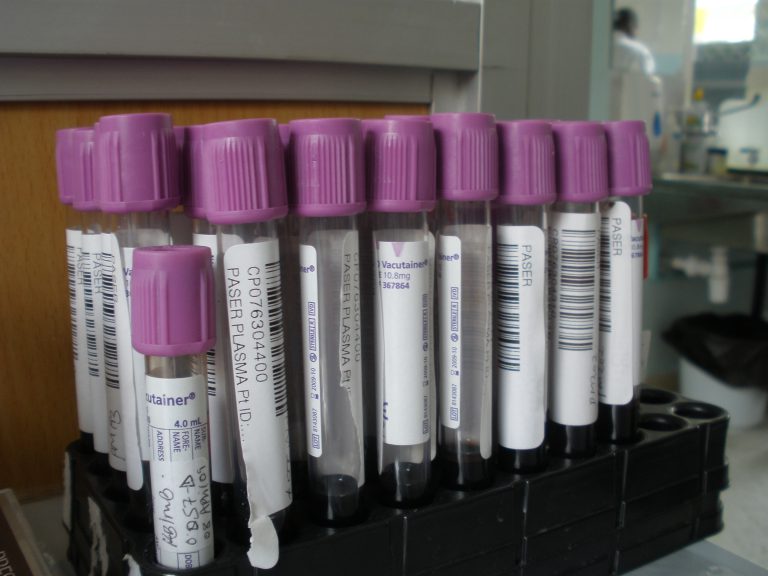
2006
Launch of €100 Million Health Insurance Fund
PharmAccess staff Onno Schellekens and Max Coppoolse, with support of Kees Storm, founded the Health Insurance Fund, which raised over 100 million EURO in public funds to create health insurance opportunities for the poor, in line with PharmAccess’ core work. The Health Insurance Fund provides subsidized health insurance to over 100,000 people in Nigeria, Tanzania and Kenya.
2007
Joep founds Amsterdam Institute for Global Health & Development (AIGHD)
AIGHD superseded the Center for Poverty Related Diseases that was established by prof. Jaap Goudsmit at the Amsterdam Academic Medical Center (AMC). AIGHD became an internationally oriented research and education institute that works to develop sustainable solutions to major global health problems. AIGHD was initiated as a partnership between the now Amsterdam UMC, the University of Amsterdam (UvA) and the Vrije Universiteit Amsterdam (VU). It provided Joep the freedom to perform independent multi- and transdisciplinary research, attract internationally renowned scientists and train the next generation of global health students.
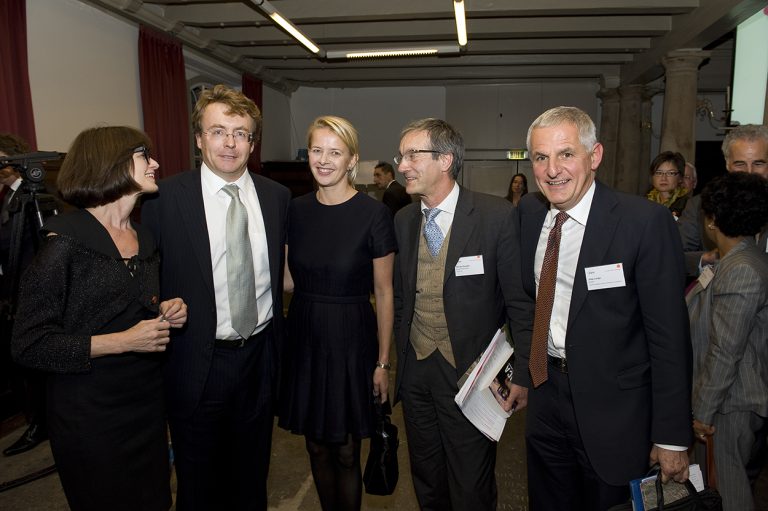
2008
Major Technology Step: An Affordable Resistance Test for Africa (ART-A)
As mentioned PharmAccess realized that the key determinant of success or failure of its HIV interventions was HIV drug resistance as monitored by its PASER program. It was very clear that access to testing for HIV drug resistance was unaffordable for Africa and PharmAccess. This lead Tobias Rinke de Wit to initiate a key project through AIGHD to develop and implement a much more affordable diagnostic test for HIV drug resistance. This project illustrated the characteristic ‘dialectics’ of a collaboration between implementers (PharmAccess and researchers (AIGHD), leading to excellence in quality of global health work.
2009
Medical Credit Fund (MCF) is launched
MCF was launched by Joep and the PharmAccess team Onno Schellekens and especially Monique Dolfing, which acts as a mediator in providing loans for doctors and pharmacies in Africa.
2011
SafeCare is founded
After Joep Lange established PharmAccess, the organization undertook multiple other initiatives including SafeCare, which was launched under PharmAccess’ Nicole Spieker in 2011. SafeCare empowers healthcare providers by helping them to measure, monitor and improve their services using a step-wise approach, motivating improvement plans and rewarding certificates.
2013
First mobile health partnership is formed
PharmAccess partnered with Vodafone, M-Pesa and Safaricom to establish mobile health opportunities for people in Kenya. This led to the formation of M-TIBA, a mobile health wallet.
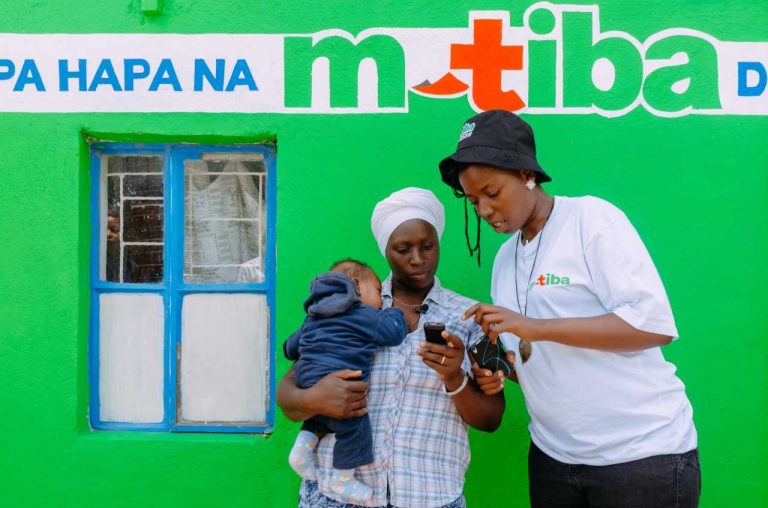
2014
Amsterdam Health & Technology Institute (AHTI) Established
Joep played a crucial role in the establishment of AHTI (created by the team Michiel Heidenrijk, Remco van Leeuwen and Tobias Rinke de Wit). The proposal won second price in an international competition and secured key support from Gemeente Amsterdam to establish an institution on healthcare technology, attracting international talent to the Dutch capital city. Joep established a breakthrough collaboration with Duke University Dept of Global Health under his former WHO teacher, Prof Mike Merson.
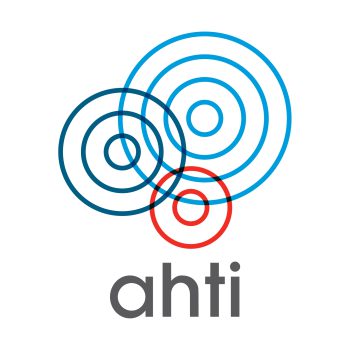
MH17 Crash
July 17, 2014
MH17 plane crash tragedy killing Dr Joep Lange and his partner, Jacqueline van Tongeren
Malaysia Airlines flight 17 (MH17), flying from Amsterdam to Kuala Lumpur, was shot down while flying over Eastern Ukraine. All 283 passengers and 15 crew members died. Six of the passengers, including Joep Lange and his partner, Jacqueline van Tongeren were individuals with a long-lasting commitment to ending AIDS, all on their way to attending the International Aids Conference in Melbourne, Australia. Tributes poured in from around the world.
Former US President Bill Clinton’s dedication to Joep
Joep’s Legacy
Coming Full Circle
In the year before his death, Joep returned to focus on his original expertise: HIV. He wished for Amsterdam to become the first city in the world with zero new HIV infections. He managed to bring together a diverse group of stakeholders involved in HIV prevention, treatment and care to establish the “HIV Transmission Elimination Amsterdam” collaboration or H-TEAM ( https://hteam.nl/?lang=en). Joep being Joep he wished for a similar project to be established in Africa: a largescale HIV test&treat program in Shinyanga, Tanzania. After his death, the Amsterdam program was taken over by Peter Reiss together with Godelieve de Bree (Amsterdam UMC and AIGHD) and the Shinyanga Project by Tobias Rinke de Wit and Joep’s friend and colleague Anton Pozniak from London. Both programs have generated substantial progress and continue to be active.
2016
July 2018
JLI focuses on the role of mobile technology and health at AIDS2018
Immersive storytelling on the impact of mobile technology on HIV through an immersive experience called Asilia’s Journey
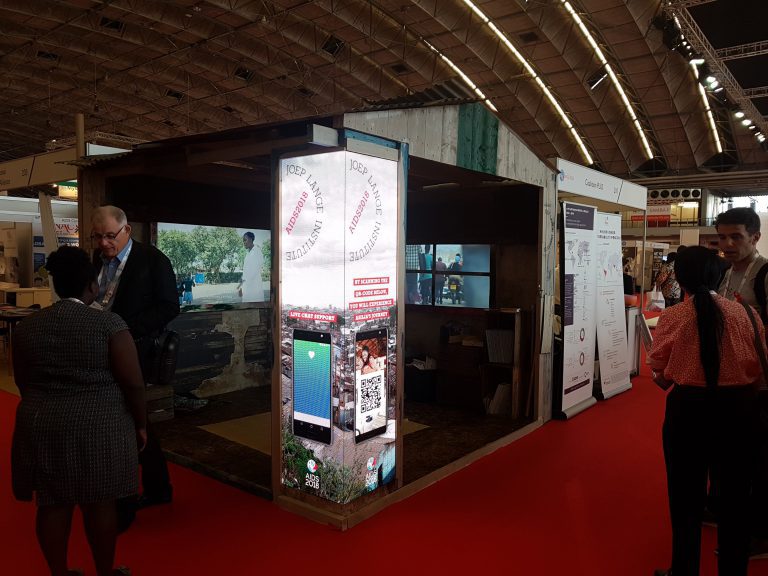
March 15, 2016
Joep Lange Institute is publicly launched, led by Onno Schellekens
The Joep Lange Institute was founded in his name to carry on his legacy. The institute will focus on innovation to make health markets work for the poor. It will safeguard and apply the unique combination of scientific research, pragmatism and activism that characterized Professor Joep Lange. JLI Senior contributors to Global Health formed JLI’s board consisting of Michiel Heidenrijk and Peter van Rooijen.
World Bank President Dr Jim Yong Kim gives first Joep Lange Institute lecture
World Bank Group President Dr. Jim Yong Kim delivered a highly inspiring and activating first Joep Lange Institute lecture about tackling the global health challenges of our time.
Professor Dan Ariely and Mark Dybull first chair holders
The Joep Lange Chair and Fellows program was initiated and funded in part by the Dutch Ministry of Foreign Affairs and established by the Joep Lange Institute. The Chairs and Fellows are based at the Department of Global Health-AIGHD at the Amsterdam UMC, University of Amsterdam. The Chair and Fellows program brings together the brightest minds from all over the world in the field of global health. In partnership with the top academic institutes in Africa, Asia, Europe and the United States, they focus on building the knowledge base of global health and working together with organizations who can apply these insights to improve access to quality healthcare across the globe.
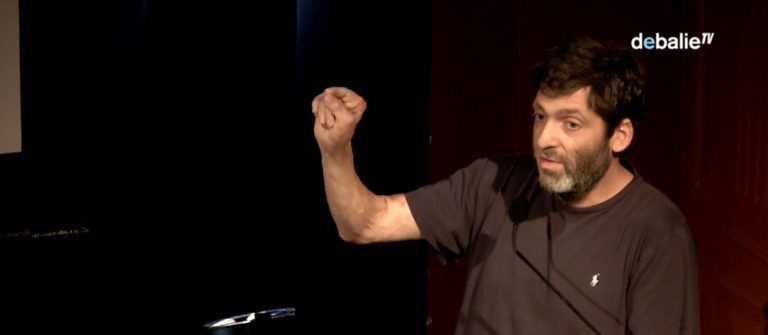
2019
JLI hosts Financial Times Conference: The Future of Health Coverage
Together with the Dutch Ministry of Foreign Affairs, we held a conference with The Financial Times to stimulate transformative, cutting edge thinking on how best to adopt mobile technology for the delivery of health systems.
